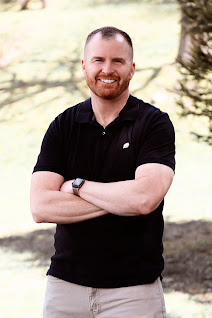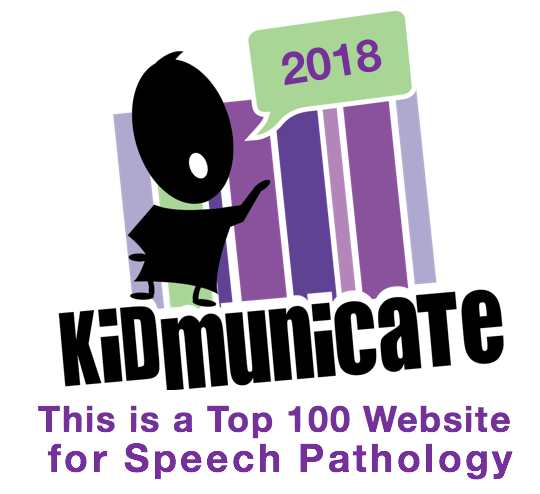Nine years ago I had the opportunity to visit Sandy Hook and work with some educators along with Pamela Ely, the director of the Ely Center, LLC where I work, and Sheila and Maryellen Moreau of Mindwing Concepts. We talked for the day about supports in the area of social interaction and narrative language that might be helpful for the students trying to move on with their lives in the face of unspeakable events. I hoped that day that we might never have to grapple with such a horrible situation again, but here we are, and somewhat more depleted given the past few years.
Like you, I am sure, for me it is hard to find much to offer this week, but we can find strength in helping others.
A few ideas:
-Email someone offering a resource. This post, a PDF you have that has helped you, a journal article, whatever. Reaching out and helping is a tool.
-The Happiness Lab has a great episode on Languishing. I picked up a few ideas from it and this week taught a lesson based on one of the concepts discussed. You can listen to The Happiness Lab on Spotify or Apple/Google Podcasts.
-Newsela has a small kit related to the events in Uvalde. I used the piece on "Ways to stay calm when you're feeling stressed" with a group this week.
-NYT has a robust resource list for talking and teaching about these events.
-Here's my self-care toolkit from this past winter.
Take care, folks.










